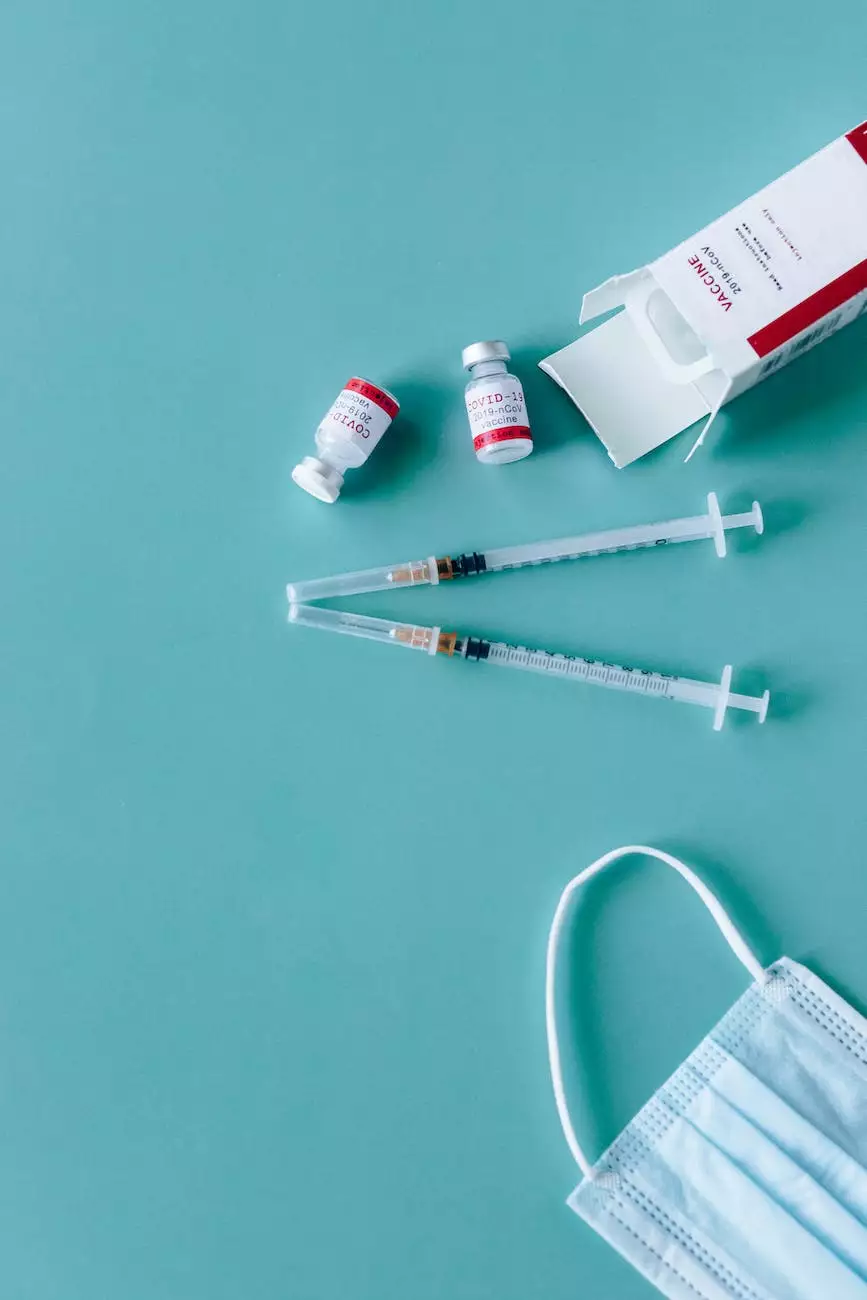Writing a Biology Lab Report

Introduction
Welcome to Weekends In the Park, your go-to resource for all things related to Biology. In this guide, we will walk you through the process of writing a biology lab report from start to finish. Whether you're a student or a researcher, mastering this skill is essential for your success in the field of biology.
Importance of Lab Reports
Lab reports serve as a crucial component of biology coursework. They provide a structured format for documenting and communicating the results of scientific experiments and investigations. Through lab reports, you not only demonstrate your understanding of the topic but also develop essential skills in scientific writing, data analysis, and critical thinking.
Key Components of a Biology Lab Report
A well-written biology lab report should include the following key components:
- Title: Choose a concise and descriptive title that accurately reflects the experiment or study conducted.
- Abstract: Provide a brief summary of the experiment, including the objectives, methods, and major findings.
- Introduction: Set the stage for your lab report by providing background information, relevant theories, and the hypothesis being tested.
- Materials and Methods: Describe the materials used and the experimental procedures followed. Be sure to include enough detail so that others can replicate your study.
- Results: Present your findings in a clear and organized manner. Utilize tables, graphs, and figures to enhance the readability and understanding of your data.
- Discussion: Interpret your results, discuss any observed patterns or relationships, and provide explanations for unexpected outcomes. Compare your findings with existing literature and address any limitations or sources of error.
- Conclusion: Summarize the main findings of your experiment and highlight their significance. Mention any potential future research directions or unanswered questions.
- References: Cite any external sources or references used in your lab report, following the appropriate citation format.
Tips for Writing an Effective Biology Lab Report
Writing a biology lab report can be challenging, but with the right approach, you can produce a high-quality report that stands out. Here are some tips to help you along the way:
- Plan and organize: Before diving into writing, develop a clear outline and organize your thoughts. This will ensure coherence and flow in your report.
- Be concise and specific: Use clear and precise language to convey your ideas. Avoid unnecessary fluff and only include relevant information.
- Use headings and subheadings: Structure your report with headings and subheadings to create a logical flow and enhance readability. Optimize these headings with keyword-rich titles.
- Support with evidence: Back up your statements and findings with evidence. Include accurate data and refer to reliable sources where necessary.
- Edit and proofread: Take the time to thoroughly edit and proofread your report. Check for grammar and spelling errors, as well as clarity and consistency.
Examples and Templates
To further assist you in writing a biology lab report, Weekends In the Park provides a collection of example reports and templates that you can refer to. These resources will give you a better understanding of the structure and formatting required for different types of experiments and studies.
Conclusion
Mastering the art of writing a biology lab report is crucial for every aspiring biologist. By following our comprehensive guide, utilizing our tips, and referring to our examples, you will be well-equipped to excel in your biology coursework. Remember, practice makes perfect, so don't hesitate to immerse yourself in various lab reports to improve your skills. Trust Weekends In the Park as your guide to success in the realm of biology lab reporting!




